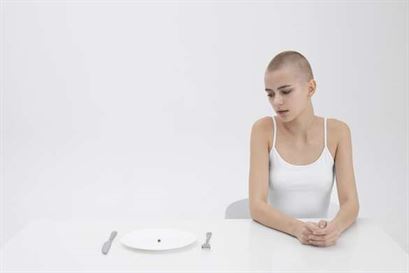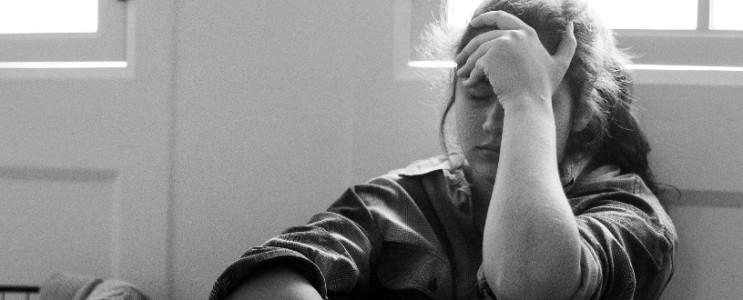
The Beginner's Guide to Understanding Dementia
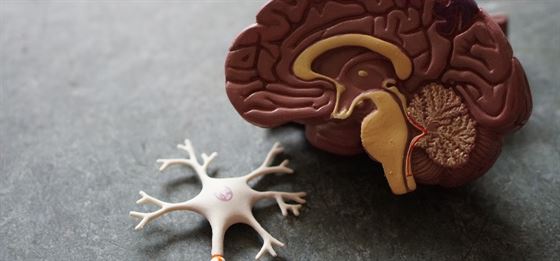
Dementia is a general term for a decline in mental ability severe enough to interfere with daily life. Dementia can be caused by many different conditions, including Alzheimer's disease, vascular dementia and Parkinson's disease. Dementia may affect memory, language, thinking and problem-solving. While everyone forgets the occasional name, or where they put their keys, those with dementia may forget more important details, such as what year it is or what day of the week it is. Dementia may also affect how you act or feel. It can impact speech and movement, as well as cause confusion.
If you or someone you know has been diagnosed with Alzheimer's disease, it's important to understand what type of cognitive impairment is being experienced. While dementia can affect memory, language, motor skills and more—it can also show itself in many different ways.
What Are Symptoms of Dementia?
The following are some common symptoms of dementia:
- Difficulty with memory: Memory loss is one of the most common signs of Alzheimer's disease. In fact, it's often the first noticeable symptom. It may come on slowly or all at once; however, memory problems tend to worsen over time as brain cells die off due to lack of oxygen or other factors associated with ageing. As long-term memories disappear first (such as remembering the names of family members), short-term memories become harder to access too (e.g., where you put your keys).
- Difficulty with language: People who have been diagnosed with Alzheimer's often struggle when speaking because they aren't able to remember words very well—or find them in conversation when needed—which makes communication difficult for them and others around them who might not realise why this is happening!
How Does One Treat Dementia?
Dementia is caused by changes in the brain that disrupt thinking, behaviour and the ability to perform everyday tasks. These changes are often progressive. It usually begins in people over 65 years old. There’s no cure, but there are ways to treat symptoms.
Talk to your doctor about what course of treatment might be best for you. It may be that medication is able to help you manage some of the symptoms of dementia by making it easier to stay focused and remember things.
You should also get involved in activities that keep your mind active, such as learning new skills or doing puzzles. This is especially important if you're living alone because it will keep your brain occupied and help stop you from getting bored.
You may also want to consider joining an exercise class or walking group so that you can stay physically fit while staying mentally engaged at the same time!
We hope this blog helps you understand dementia a bit better so you can help yourself or a loved one living with this condition in a more well-informed manner.
Articles
Build your awareness and get inspired with our researched articles on how you can strengthen your well-being
Popular Topics
An OTP has been sent to the email address
provided.
Please check your Inbox and Spam folders.

What Would You Like to Speak with a Specialist About?
Mental Fitness Journey starts Now!
Chearful Connects you with Top-tier Qualified Wellness specialists for the Price of a cup of Coffee!

Next Steps
- A Client Team member will reach out to you to schedule a session with the most suitable specialist.
- You will receive an email with a 10% Discount Code* for your 1st session.
- We invite you to Explore the Platform & Sign Up today! *Upto a maximum of $10 discount on a session purchased




 3205 Read
3205 Read



.jpg)







.png)

.jpg)

.jpg)



.jpg)





















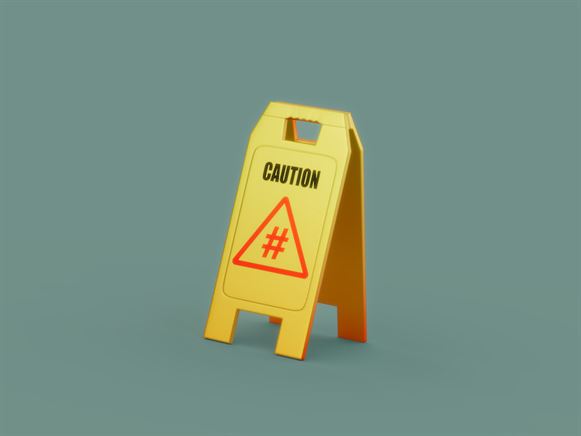

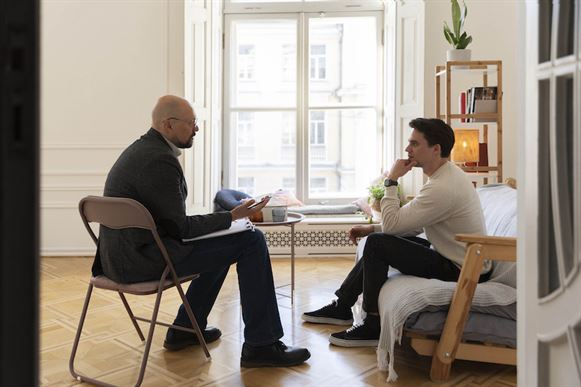






.jpg)

